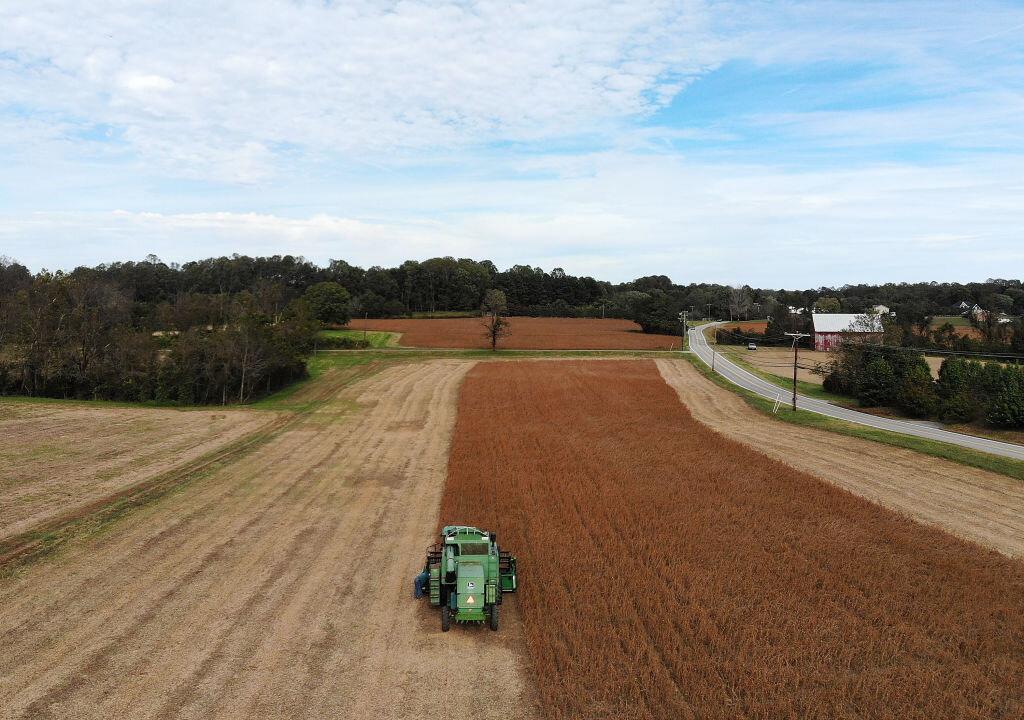Members of the United Auto Workers (UAW) overwhelmingly rejected a new tentative agreement with Deere & Co. on Oct. 10.
The tentative agreement was a six-year contract that would have covered more than 10,000 workers at 14 facilities across the United States, including more than 7,000 workers in Iowa, and was the result of efforts made by UAW negotiators.




